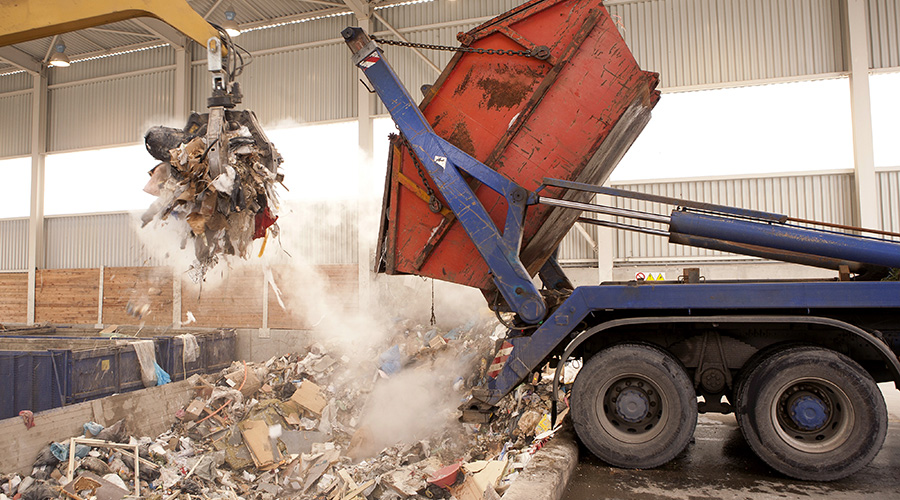Why Facility Managers Make the Best Sustainability Executives
Sustainability is no longer an issue for tomorrow, but a major consideration for today. The increasing demands for sophistication with data, and for reporting under legislation such as Dodd-Frank and emerging standards as set by the Sustainability Accounting Standards Board (SASB), are creating the awareness that sustainability is already a business imperative, so much so that many organizations are recognizing the need for sustainability oversight. It is an ideal time for the introduction of a high-placed sustainability executive — perhaps even a Chief Sustainability Officer (CSO) — to bring an organization into the sustainability space beyond compliance. Here's why facility managers are the best choice for those sustainability executive roles.
The members of the C-suite are considered the most important and influential group of individuals at a company, each with their related strengths, tasked with high-stakes decision making. When it comes to integrating a sustainability program throughout an organization, an executive with only experience in finance or human resources may not be the best choice to take on the role of the CSO. Instead, the best fit may be an executive with broader experience in all facets of the organization, who has successfully built bridges to work with other departments, and who may have a bit of engineering or technical expertise as well. Facility managers often have the unique skill sets to fit that bill, and more and more frequently are being promoted into a high-level sustainability position.
The profession of facility management has grown and matured over the years. A facility manager is a well-rounded and fully educated practitioner in the holistic management of the built environment. No longer a department-by-department initiative, sustainability requires a systems approach to managing a business. Facility management is a system that supports all other systems. The optimal impacts of sustainability are long term and belong in a strategic plan, and the best facility managers are already linking facility management strategy and sustainability tenets to those of the overall entity.
Every department manager, senior or otherwise, is responsible for their particular discipline, be it human resources, finance, purchasing, or marketing, and that's where they devote their time and energy. They deal very little with business areas outside their sphere of influence.
The role of the facility manager is to provide the resources and environment in which employees and organizations can be most productive. They must develop a holistic view, and knowledge of how an organization works, and how departments interface and interact. The training and experience facility managers receive throughout their careers with a focus on resource management, indoor environmental quality, and cost savings is the most effective platform from which to achieve a productive workplace. The integration of sustainability into the scheme of the overall business is best done from such a position of understanding.
The Currency of the Times
Effective facility managers cannot be satisfied with the status quo. Instead, they must continually strive to do more — and to do more with less. They seek to improve processes and keep current through learning and innovation. They understand that change for the right reasons is good; and the right reasons almost invariably boil down to increased productivity and cost savings. Facility managers have also determined that what works for their job function is transferable to all facets of an organization. The methods used in facilities to streamline operations and increase productivity can be applied elsewhere to similar effect. Minimizing waste — of time, effort, and resources — leads to financial benefits and can be applied to any process. Corporate sustainability naturally follows the facility management model.
Related Topics:















